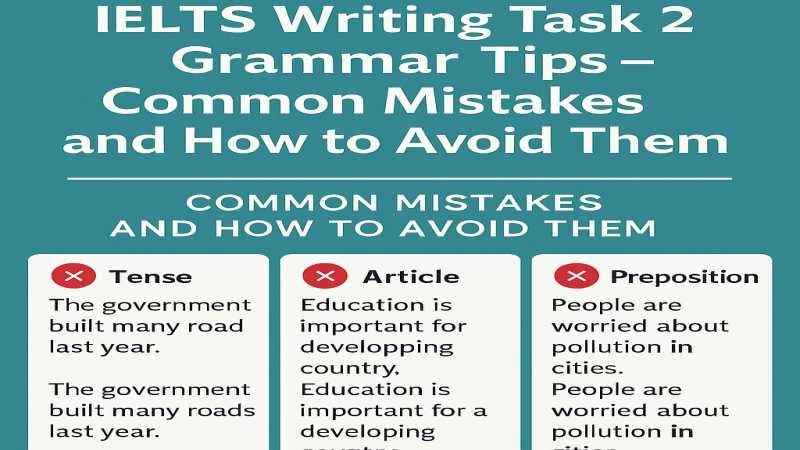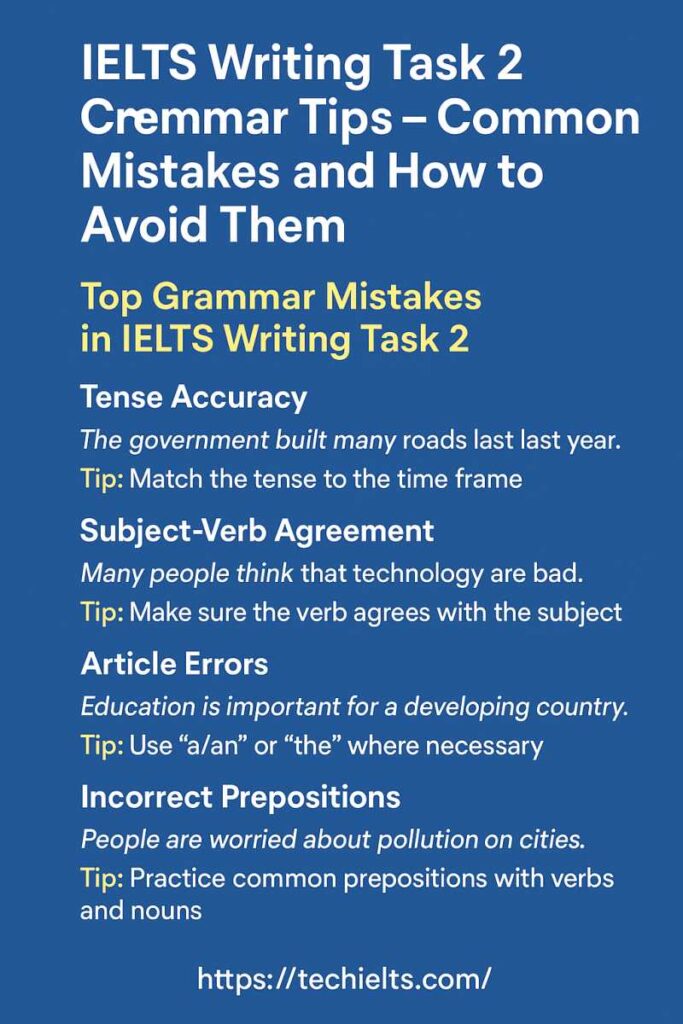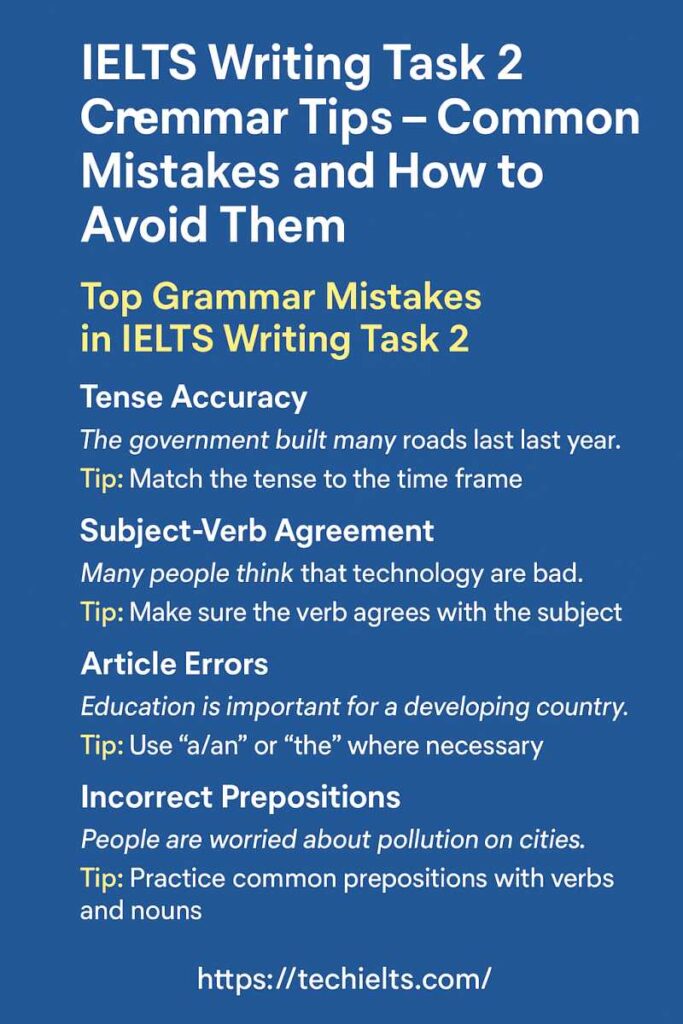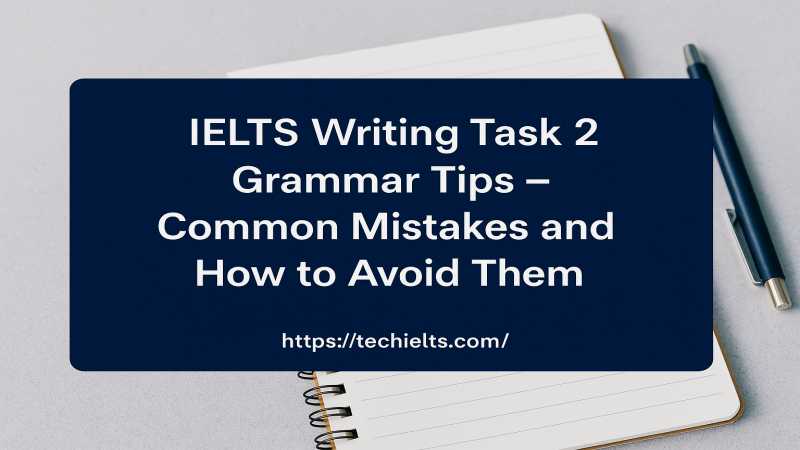Word choice is a big part of getting good marks on the IELTS writing task. You can say hard thoughts in a clear, precise, and formal way if you have a large vocabulary. There are four parts to the IELTS writing test, and one of them is Lexical Resource. You need to get a Band 7 or higher on this part.
These tips from this article can help you:
- Why words are important
- Important words and what they mean in school
- Subject-based word banks
- Adding lines together in Band 9
- Word mistakes that you shouldn’t make often
- Activities that are useful and will help you learn
Why it’s important to know words for IELTS writing

Twenty-five percent of your total score on the IELTS Writing Task 2 comes from your Lexical Resource.
This is what inspectors look for:
- A lot of different words
- How to use words correctly
- Learn how to use conjunctions and write in a formal way
- Being able to ask the question again
Step 1: Use clear, topic-appropriate wording that doesn’t repeat itself too much.
You need to know five different kinds of words for school.
– Writing Word Lists: IELTS Writing Task 2 Vocabulary – Academic Words and Phrases for a Higher Band Score
How to Change Words and Use Synonyms
Linking and Moving Between Phrases
Words That Define the Subject
Formal Words That Are Not Everyday
1. Words you need to know to write well on the IELTS
These words will help you with any Task 2 assignment:
Key Words: assist, help, make it easier, good, helpful, efficient, bad, harmful, detrimental, important, crucial, important, significant, show, explain, think, believe, argue, claim, get, receive, gain, need, require, demand, necessity
Helping poor people is important. Help needs to be given to groups that are having a hard time.

2. How Words and Rephrasing Are Different
Do not use the same word over and over. Here are some other things you could do instead:
- “People” includes individuals, voters, and people who live in a culture.
- A “problem” is an issue, a trouble, an obstacle, or a worry.
- “Solution”: strategy, test, rule, plan, and method
- “Big” means major, important, big, or important.
- Feel free to use “Think” to believe, suggest, claim, or argue.
Find words that are related with a tool like WordHippo. This will help you build your word bank.
3. Putting Together Phrases and Words (Level 9)
Linking phrases help your work flow better and make more sense.
Useful Phrases: Along with “but,” you could say “on the other hand,” “although,” or “still.”
It would work the same way if you did this:
That is, in this case, for example, what I think:
Based on what I think, I believe that, from my point of view
Conclusion: Finally, to sum up, with everything taken into account
Tip: Don’t use “also” or “however” too much. Instead, use other words to connect ideas.
4. Words for Everyday Topics for the IELTS Broken Down by Type
Learning: Literacy, curriculum, tuition, academic success, and job training
There are different types of students, so the government should fund both school and job-based learning.
Ecosystem: Pollution, greenhouse gases, carbon footprint, clean energy, and the ecosystem
To cut down on carbon pollution, one important thing to do is switch to clean energy.
Tech News: New tech inventions, the digital divide, robotics, AI, and safety
Another example is technology. It might make things run more smoothly, but it might also lay off a lot of people.
Health: Food, exercise, mental health, preventative steps, and the health care system
For instance, health care programs that focus on keeping people from getting sick can lower the long-term costs of treating those sicknesses.
Crime and Law: Crime law, penalties, rehabilitation, getting people to change, and sentences
People might not break the law as much if they are punished for longer, but this doesn’t always happen.
Getting a Job and Working: Unemployment, the job market, business growth, job happiness, and working from home
Such as: Many people are happy with their jobs because they can choose their own hours.
5. Use More Formal Words Instead of Less Formal Ones
Don’t use weak or informal English in IELTS Writing Task 2.
It’s informal and formal for kids and teens to get something, receive something, deal with a problem, or talk about something that is good at, skilled at, or harmful to.
A lot of people are sick because of pollution.
Public health experts know that pollution makes a lot of people sick.
Common Mistakes with Words You Should Avoid:

- Repeating simple words: Don’t say “good,” “bad,” “a lot,” or “thing” over and over.
- The form of the word is wrong: This is a good choice. This answer is very good.
- These two words don’t go together: Make a mistake and do something wrong.
- Bad use of words or everyday language: “A piece of cake” and “hit the nail on the head” are too casual for Task 2.
- Using more than one time the question’s words: Always use different words when you rewrite the job prompt.
Ways to Improve Your Band Score by Building Words
Time to Do Things
- Using three different words for every one of the ten most common IELTS words – 10 minutes every day
- Write a Band 6 paper again using formal writing – Half an hour
- Make a thought map with groups of words for each IELTS subject – 10 minutes for each subject
- Change the simple words that are highlighted in a piece of writing – Half an hour
Show Me a Band 6 or Band 8 Sentence:
Band 6: A lot of people think the internet is bad for kids. It’s bad that a lot of kids spend a lot of time on it.
Band 8: This style is used a lot when people talk about how the internet is bad for kids. Too much time in front of a screen can lead to behaviour issues and generally gets in the way of healthy growth.
Websites That Can Help You Improve Your IELTS Vocabulary

The Website and Why You Should Use It
- Oxford 3000 Academic List Words: A lot of academic words
- BBC English Language: Words from the News
- Topical words are used in the Cambridge IELTS Books (Band 9 Essays)
- There are IELTS vocabulary sets on Quizlet. There are handouts for every class.
- IELTS Simon and IELTS Liz websites with examples and word banks for each subject
Thoughts for Right Now
That extra bit of information is what separates Band 6.5 from Band 8.0 on IELTS Writing Task 2. But language isn’t just “big words.” Also, it’s about:
- Putting the right thought into the right word
- Having a serious voice
- Not saying it again
- Learning how to put words together
How to Get New Words the Best:
Write and look over your work often. Use new words in your writing, and look at examples from Band 9 to get ideas.
Get Ready to Act
Which part of the IELTS writing test makes it harder for you to write vocabulary? Is it the surroundings, crime, or school? I’ll send you the words you ask for!

About the AuthorWelcome to TechIELTS. I’m Md. Jahangir Alam, an experienced engineer with over 15 years in electrical and automation systems. Alongside my engineering career, I’ve developed a strong interest in English language learning and IELTS preparation.
I hold a Duolingo English Test score of 135 (IELTS 7.5 equivalent) and am currently pursuing an M.Sc. in Cyber Security from Royal Holloway, University of London. I use my technical background to create clear, structured IELTS learning materials for students and professionals.
👉 Connect on LinkedIn
